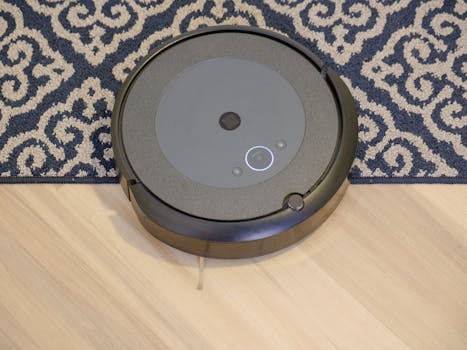
Smart Homes and Smart Living: The Technological Transformation of European Homes by 2025
Smart Homes and Smart Living are revolutionizing the way we live and interact with our living spaces. The concept of smart homes involves the use of advanced technologies, such as home automation, the Internet of Things (IoT), and artificial intelligence (AI), to create a more comfortable, convenient, and sustainable living environment. In Europe, the adoption of smart home technologies is on the rise, with an increasing number of homeowners investing in smart devices and systems to enhance their living experience.
The Current State of Smart Homes in Europe
According to recent studies, the European smart home market is expected to grow significantly in the next few years, with an estimated value of over $20 billion by 2025. This growth is driven by the increasing demand for smart home devices, such as thermostats, security cameras, and voice assistants, which are becoming increasingly popular among European homeowners. Additionally, the adoption of smart home systems, such as home automation and energy management systems, is also on the rise, as homeowners seek to improve the efficiency and sustainability of their living spaces.
The Benefits of Smart Homes and Smart Living
The benefits of smart homes and smart living are numerous. Smart home technologies can help homeowners save energy, reduce their carbon footprint, and improve their overall quality of life. For example, smart thermostats can learn a homeowner’s temperature preferences and adjust the temperature accordingly, while smart lighting systems can automatically turn off lights when not in use. Additionally, smart home security systems can provide homeowners with enhanced security and peace of mind, while smart home entertainment systems can provide endless entertainment options.
The Future of Smart Homes and Smart Living in Europe
By 2025, smart homes are expected to become the norm in Europe, with smart living becoming an integral part of our daily lives. The future of smart homes will be shaped by emerging technologies, such as 5G networks, AI, and the IoT, which will enable even more advanced and sophisticated smart home devices and systems. For example, the use of 5G networks will enable faster and more reliable communication between smart home devices, while AI will enable smart home systems to learn and adapt to a homeowner’s preferences and habits. Additionally, the IoT will enable smart home devices to interact with other devices and systems, creating a seamless and integrated living experience.






